Programming In Five Easy Pieces
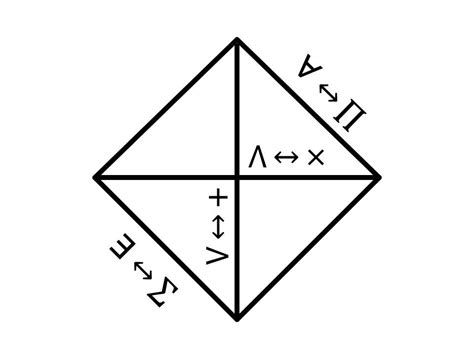
- A group of people have a goal. They use dialectic and language games to come to a tentative alignment on terms
- For purposes of this specific goal of these specific people, these terms only have meaning inside a formal system they create together (a programming type system)
- As this formal system is developed, the process is repeated and defined
- The resulting technology (executable type system) is used to create and validate new hypotheses about the universe around us
- Entire process repeats as desired

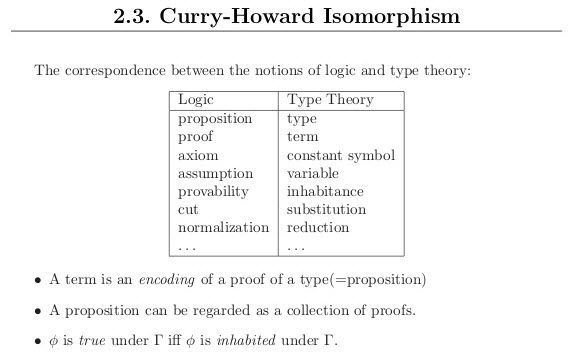
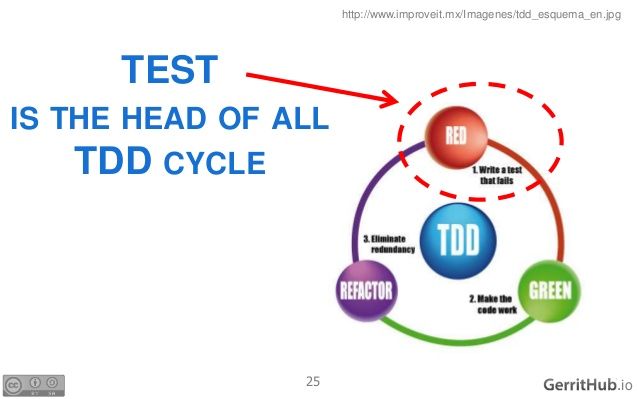
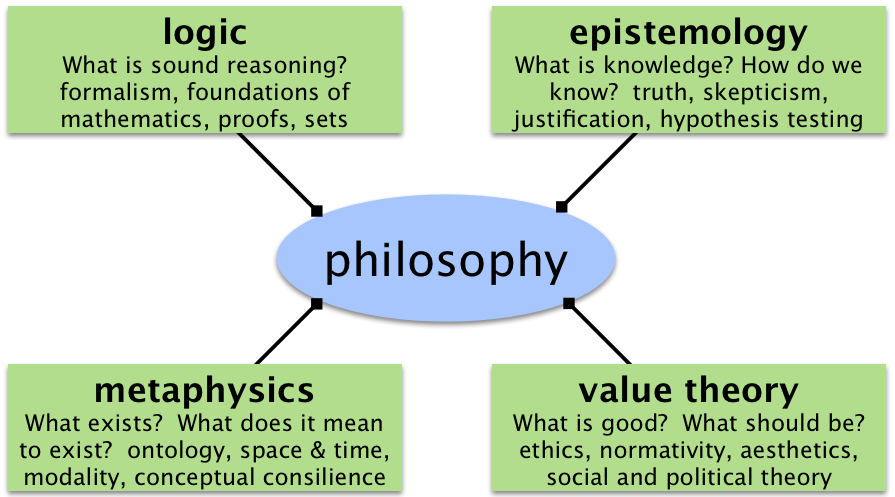
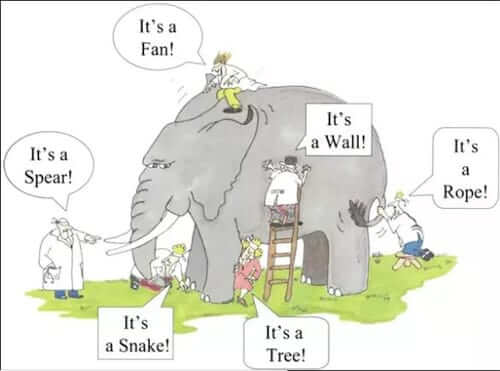
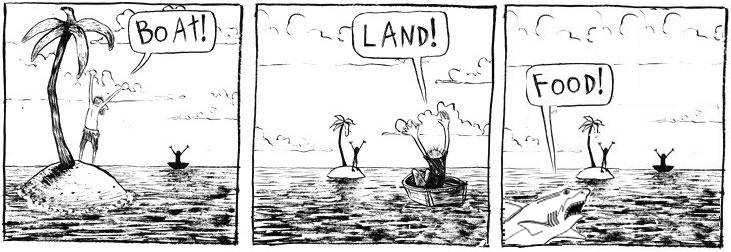
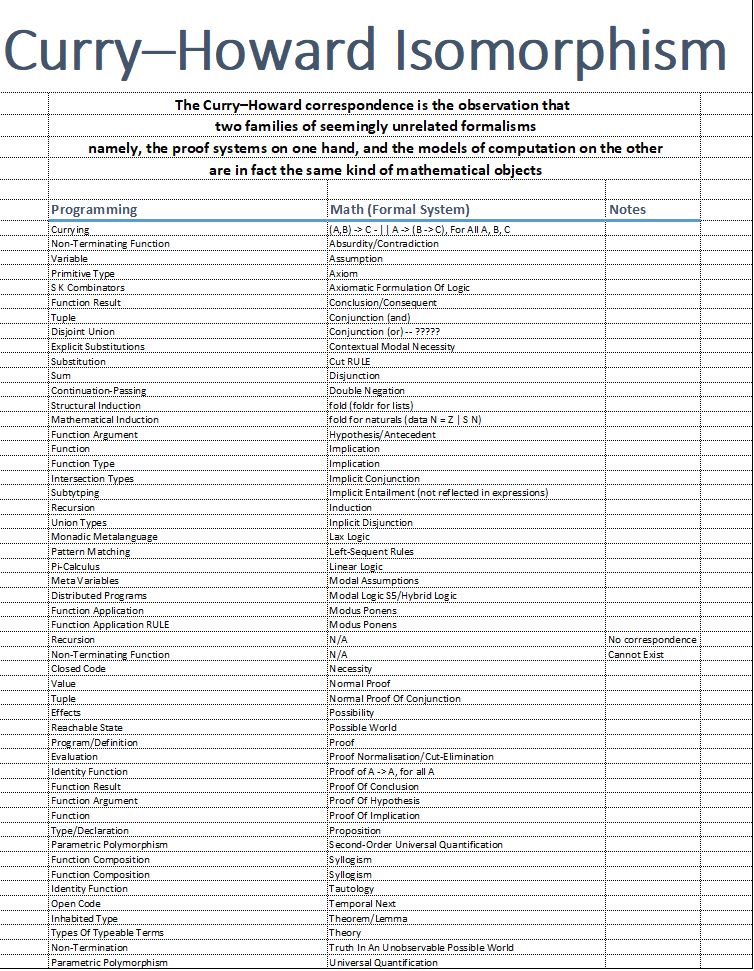



Comments ()